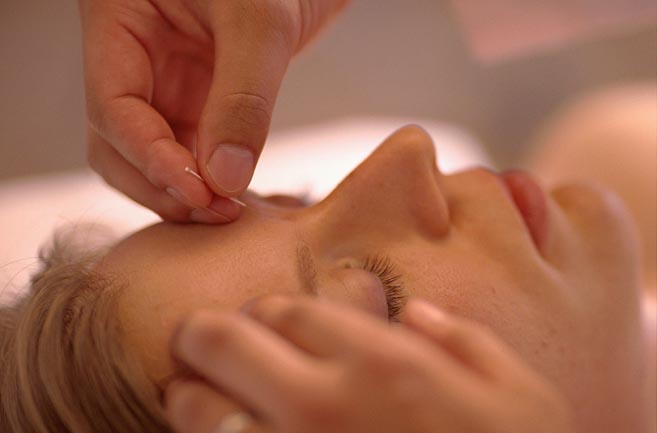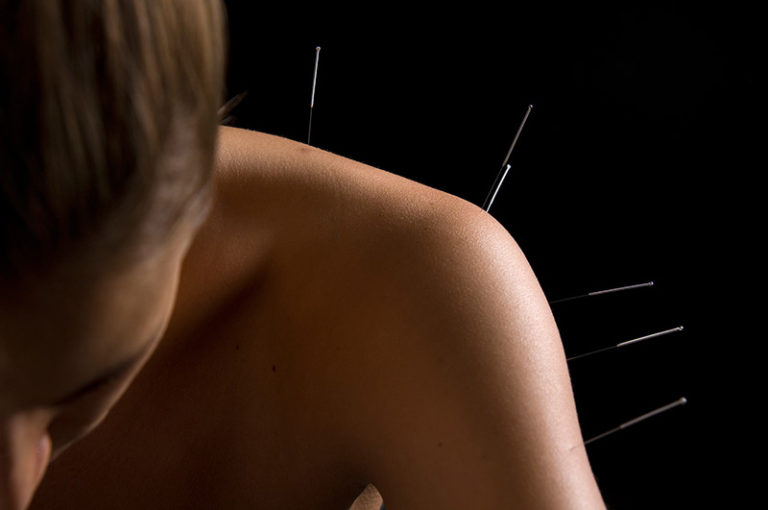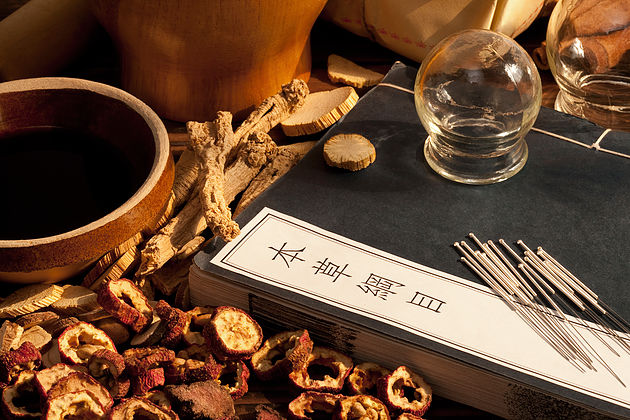 Acupuncture obviously can’t always treat moderate or severe depression alone and you should consult your doctor before going off or reducing any medication. But, the evidence is clear: acupuncture can improve depression, anxiety, and stress. Harvard Medical School reports depression is one of the top five conditions for which people seek alternative medicine including acupuncture.
Acupuncture obviously can’t always treat moderate or severe depression alone and you should consult your doctor before going off or reducing any medication. But, the evidence is clear: acupuncture can improve depression, anxiety, and stress. Harvard Medical School reports depression is one of the top five conditions for which people seek alternative medicine including acupuncture.
The National Institutes for Health (NIH) funded a study at the University of Arizona; this research marked the first U.S. randomized, controlled, double-blind study of acupuncture’s effectiveness in treating depression. The study concluded: “Acupuncture may alter brain chemistry by changing the release of neurotransmitters and neurohormones in a good way” after research showed a 50 percent reduction in symptoms after only 12 treatments in 70 percent of the patients.
Scientific American says… “A study published fall of 2013 in the Journal of Alternative and Complementary Medicine found that electroacupuncture—in which a mild electric current is transmitted through the needles—was just as effective as fluoxetine (the generic name of Prozac) in reducing symptoms of depression.
Another study suggests that acupuncture may help with one particularly difficult aspect of depression treatment: the side effects of some medications. Twelve weeks of acupuncture helped both men and women with several aspects of sexual functioning, according to the work, also in the Journal of Alternative and Complementary Medicine.”
A 2013 article in the Journal of Endocrinology presented the results of a series of animal studies done at Georgetown University Medical Center which showed that rats who endured stress conditions and then received acupuncture had lowered blood hormone levels secreted by the hypothalamus pituitary adrenal (HPA) axis (which controls reactions to stress and regulates processes like the immune system, digestion, emotions and moods and sexuality.) They also measured the levels of NPY, a peptide secreted during a “fight or flight” response.
The study’s author, Eshkevari, said, “We found that electronic acupuncture blocks the chronic, stress-induced elevations of the HPA axis hormones and the sympathetic NPY pathway…. Our growing body of evidence points to acupuncture’s protective effect against the stress response.”
It is estimated that approximately one in five people will experience clinical depression at least once in their lifetime. Although it is natural to feel sad and down at times, especially after experiencing loss, these slight effects can be managed with gradual lifestyle adjustments. Clinical depression, however, refers to a long-lasting and intense emotional, physical and cognitive state that greatly affects day-to-day life. Symptoms include:
Loss of positive associations and sense of achievement (lack of interest in normally pleasurable activities)
- Negative thoughts (often worrying about the future)
- Irritability, agitation and exhaustion
- Changes in sleeping patterns (too much or too little)
- Hopelessness (feeling trapped or suicidal)
The causes of depression are known to be similar to the causes of anxiety. It is traditionally treated with antidepressant medication, psychological methods or a combination of both.
The British Acupuncture Council says, “In general, acupuncture is believed to stimulate the nervous system and cause the release of neurochemical messenger molecules. The resulting biochemical changes influence the body’s homeostatic mechanisms, thus promoting physical and emotional wellbeing.
Studies indicate that acupuncture can have a specific positive effect on depression by altering the brain’s mood chemistry, increasing production of serotonin (Sprott 1998) and endorphins (Wang 2010). Acupuncture may also benefit depression by acting through other neurochemical pathways, including those involving dopamine (Scott 1997), noradrenaline (Han 1986), cortisol (Han 2004) and neuropeptide Y (Pohl 2002).
Stimulation of certain acupuncture points has been shown to affect areas of the brain that are known to reduce sensitivity to pain and stress, as well as promoting relaxation and deactivating the ‘analytical’ brain which is responsible for anxiety and worry (Hui 2010). Stress-induced changes in behaviour and biochemistry may be reversed (Kim 2009).
Acupuncture can be safely combined with conventional medical treatments such as anti-depressants, helping to reduce their side effects and enhance their beneficial effects (Zhang 2007).”
Depression remains one of the most common mental disorders worldwide. As further research continues, acupuncture and other forms of complementary therapies are gradually being proved to be legitimate treatments for depression and other illnesses. Perhaps more important than anything for our health is varying our lifestyles by trying alternative therapies, including exercise, yoga and meditation. It is important, however, to always get a second opinion and consult a doctor any time complementary therapies are tried.


